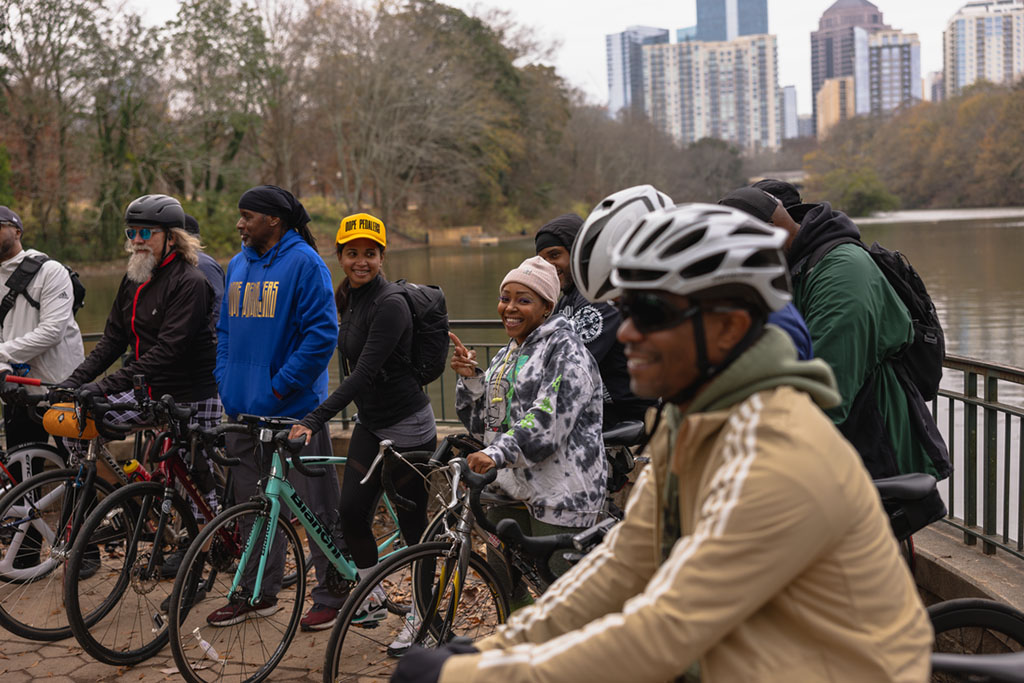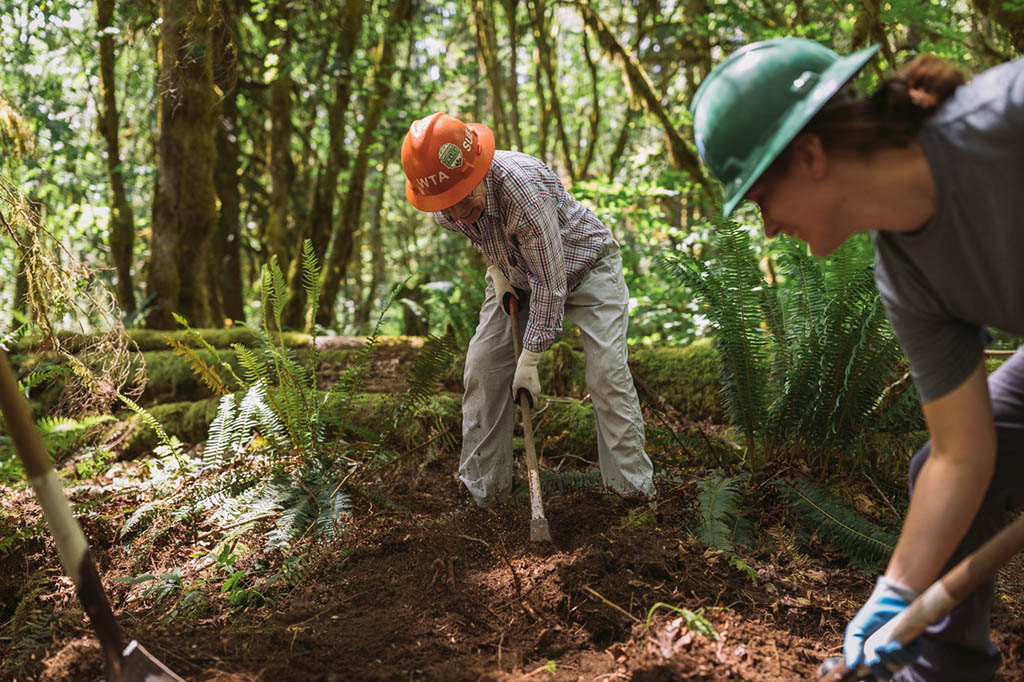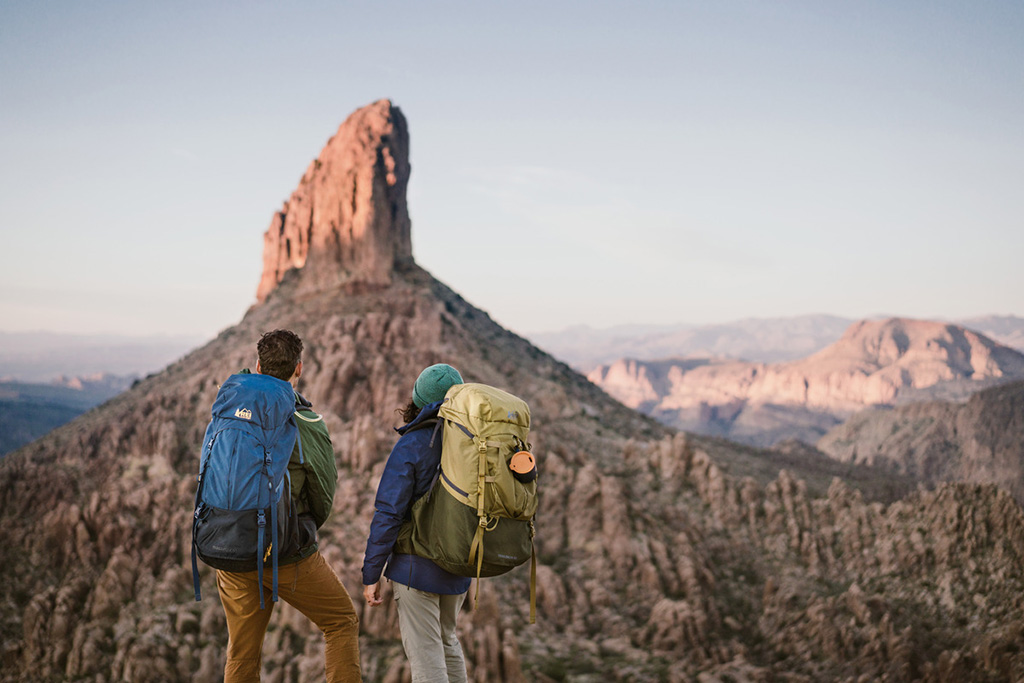In February 1965, Martin Luther King Jr. penned a letter from a Selma, Alabama, jail, which was published as a quarter-page ad in The New York Times. In it, he wrote:
“Have you ever been required to answer 100 questions on government … merely to vote? Have you ever stood in line with over a hundred others and, after waiting an entire day, seen less than ten given the qualifying test?
THIS IS SELMA, ALABAMA. THERE ARE MORE NEGROES IN JAIL WITH ME THAN THERE ARE ON THE VOTING ROLLS.”
The New York Times, February 5, 1965
Six months later, President Lyndon Johnson signed the Voting Rights Act of 1965, which experts consider the most effective piece of civil rights legislation ever enacted. Sixty years later, that law—which registered millions of voters and enfranchised historically marginalized communities who, in turn, elected more diverse representatives—has been systematically gutted and sold for parts.
A few notable court decisions weakened enforcement measures of the law, including a 2013 suit (Shelby County v. Holder) and another in 2021 (Brnovich v. Democratic National Committee). Last year saw the most recent attack against the law: An Arkansas ruling in 2023 declared that citizens do not have the right to file lawsuits enforcing the Voting Rights Act and that cases instead have to be brought by the federal government. In total, 19 states have passed voter suppression laws since 2020, and more than 400 similar bills have been introduced in 49 states.
The John Lewis Voting Rights Advancement Act, proposed legislation that would restore and protect voting rights, is named for civil rights activist (and King’s friend and frequent collaborator) U.S. Rep. John Lewis. If passed, it would modernize the Voting Rights Act of 1965, safeguarding the democratic process. Here’s what it is, how it affects us all and why it matters for the outdoors.

What is the John Lewis Voting Rights Advancement Act?
The John Lewis Voting Rights Advancement Act protects everyone’s right to vote, prevents discrimination at the polls and demands greater transparency in the voting process. It builds upon the Voting Rights Act of 1965 in three key ways:
- Make the voting process accessible. The act aims to reduce voting barriers by requiring all states to offer same-day registration and at least two weeks of early voting. Currently, 22 states allow election-day registration (plus North Dakota, where registration isn’t required), and 47 offer early voting. The legislation would also require officials to publicly announce all voting changes at least 180 days before an election.
- Reduce discriminatory voting regulations. The John Lewis Voting Rights Advancement Act restores the practice of preclearance, where states or localities with a history of discrimination (like requiring literacy tests or having historically low voter registration numbers) have to preapprove changes to voting laws or practices at the federal level. It also seeks to make some types of voting changes subject to preclearance nationwide, like redistricting minority-heavy neighborhoods or reducing non-English voting materials.
- Enable voters to take legal action. The proposed Advancement Act makes it easier for voters to bring forth—and win—lawsuits against discriminatory policies such as gerrymandering (altering electoral districts before an election in order to benefit one party over the other) or laws requiring photo IDs in order to vote, which disproportionately affect marginalized communities and reduce voter turnout.
The John Lewis Voting Rights Advancement Act passed in the House but failed in the Senate in 2021; it was reintroduced in the 118th Congress in September 2023.

How does the John Lewis Voting Rights Advancement Act affect us all?
The passage of the Voting Rights Act of 1965 resulted in a significant increase in voter registration—within months, a quarter of a million Black voters were registered, and overall voter turnout increased by as much as 19 percentage points. Beyond individuals exercising their right to vote, the Voting Rights Act led to shifts in policies (like increased funding for public schools) because of more accurate and diverse representation of the population. It also resulted in shifts to entire party ideologies—shifts that reflected the desires of U.S. citizens.
In other words, the continued erosion of the Voting Rights Act doesn’t just threaten voter turnout—it undermines our march toward a truly representative democracy. Since the 2013 Shelby County decision weakened the act’s enforcement measures, communities have seen the removal of polling places on college campuses, a purge of voters from the rolls without warning, intense partisan gerrymandering and voter ID laws that make voting more difficult for many. When Americans can’t vote, our country fails to reflect citizens’ values and elected leaders often don’t share citizens’ concerns.
The John Lewis Voting Rights Advancement Act combats attempts to disenfranchise all people, especially communities of color, the elderly, low-income individuals and the LGBTQ+ community. As Human Rights Campaign president Kelley Robinson emphasized in a statement supporting the act, “The foundation of our democracy rests on making sure that everyone—everyone—has access to the ballot box.”

How does the John Lewis Voting Rights Advancement Act affect the outdoors?
The majority of places where Americans recreate are public, meaning they are created, managed and governed by public agencies and funded with public dollars, says REI Cooperative Action Network manager Alicia Harvie. Only those who vote can elect representatives who will fund those agencies and prioritize the issues facing outdoor spaces and communities.
It’s not just representatives on the ballot, either: Issues related to the outdoors are often put to public measure. In any given year, voters may directly approve billions of dollars in park funding, trail infrastructure and climate-related policies that affect the health of our lands, waters and more. By voting, we’re letting our representatives know what we care about—and the kind of world we want to live in.
That can’t happen if Americans are denied the right to vote. Every election is a chance for a better world and a healthier environment—but only if that election is free and fair.
The REI Cooperative Action Network is a civic engagement program that provides members in the co-op community with easy and quick ways to learn about and raise their voice in favor of policies that impact the outdoors. “The Cooperative Action Network has a proud legacy of speaking up in support of voting rights and free, fair and secure elections,” says Harvie. REI has publicly supported the John Lewis Voting Rights Advancement Act since it was first introduced in the U.S. House of Representatives. The co-op also stands behind the Freedom to Vote Act, a comprehensive bill to safeguard the integrity of our elections by setting national standards for voting rights and election administration that protect against voter suppression, gerrymandering, election subversion and more. Together, these bills would provide a one-two punch of restoring the right to vote for all Americans and protecting America’s election infrastructure. The idea of “one person, one vote” is as foundational to any co-op as it is to democracy.
Using our voices, we can make our communities and the spaces we recreate a reflection of our values. The passage of the John Lewis Voting Rights Advancement Act, together with the Freedom to Vote Act, would safeguard that ideal, allowing citizens to shape policies and fight for a better world, now and into the future.
Don’t wait for an election to exercise your voice.
Message your representatives now via REI.com, urging them to protect our right to vote today.


